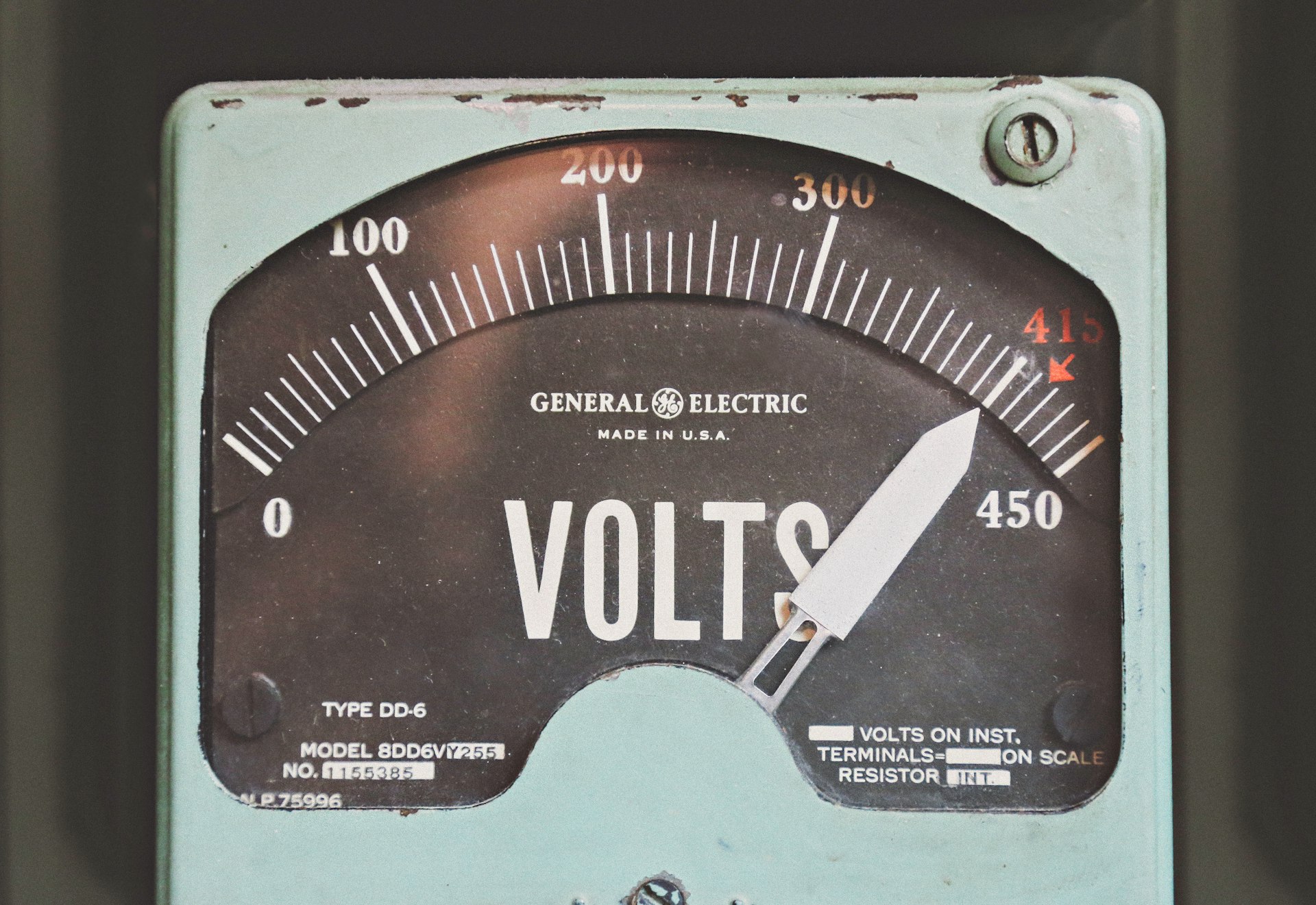Builder Inspections: Home Addition Success in Montgomery County
When planning a home addition in Montgomery County, builder inspections serve as the foundation of quality construction and safety compliance. Construction inspection requirements ensure that every phase of your project meets or exceeds local building codes. Whether you're expanding your historic Jenkintown home or adding space to your Abington residence, understanding these builder inspection requirements is crucial for project success.
Interested in a home addition and want to be sure it's permitted and done to code?
Professional vs DIY Approach: Understanding the Construction Inspection Process
The builder inspection process varies significantly depending on whether you choose professional design or DIY construction. Construction inspection requirements apply equally to both approaches, but the path to meeting these requirements can differ substantially.
Professional Design Path:
The professional approach to builder inspections typically includes:
- Comprehensive architectural drawings that anticipate inspection requirements
- Systematic documentation of each construction phase
- Professional coordination with municipal building departments
- Established procedures for scheduling and passing inspections
- Regular quality control checks between official inspections
- Detailed understanding of local code variations
- Professional management of inspection documentation
DIY Path:
When managing builder inspections yourself, you'll need to handle:
- Direct responsibility for understanding and meeting all inspection requirements
- Personal communication with building inspectors
- Self-managed inspection scheduling and coordination
- Complete documentation management throughout the project
- Individual research of building codes and requirements
- Direct oversight of any required corrections
- Maintenance of all permit and inspection records
Understanding Required Builder Inspection Phases
Construction inspection requirements follow a specific sequence, with each phase building upon the previous one. Making sure your home addition is properly inspected during construction is a smart move for a number of reasons. It's not just about ticking boxes, it's about protecting your investment and your peace of mind.
- Safety First: Inspections guarantee the structural integrity of your new space, reducing the risk of hazards or future collapses.
- Playing by the Rules: Inspections ensure you are meeting local building codes, avoiding potential legal headaches down the line.
- Save Money Long-Term: Catching errors early can prevent costly repairs and rework later. Cut corners always come back around.
- Boost Resale Value: An inspected and properly permitted addition adds value to your home and makes it more appealing to future buyers.
Think of inspections as a quality control check throughout your project. They provide the assurance that your addition is safe, sound, and built to last.
At Neven & Son we ensure that your home addition is built to comply with all code and design requirements for your township or borough. You're able to focus on the final look, flow, and dream design of your addition, while we take care of building the good bones that will last and hold value at resale.
Keep Up With Us!
Phase 1: Foundation Builder Inspections
The foundation inspection process requires two separate builder inspections:
Pre-Pour Foundation Inspection Requirements:
During this crucial first builder inspection, inspectors verify:
- Footing depth (minimum 36" below grade in Montgomery County)
- Footing width (based on structural calculations)
- Reinforcement steel placement and specifications
- Drainage system preparation
- Soil compaction results
- Foundation wall thickness
- Waterproofing preparation
- Form installation and bracing
Post-Pour Foundation Inspection:
This construction inspection confirms:
- Concrete strength development
- Wall alignment and plumbness
- Anchor bolt placement and spacing
- Waterproofing application completeness
- Foundation drain tile installation
- Backfill material suitability
- Moisture barrier installation
- Foundation vent placement
Phase 2: Framing Inspection
This comprehensive builder inspection examines:
- Load-bearing wall placement and construction
- Header sizing and installation
- Hurricane tie placement and attachment
- Fire blocking location and installation
- Nailing patterns and fastener selection
- Roof and floor framing connections
- Shear wall construction
- Window and door installation

Phase 3: Rough-In Inspections
Electrical Rough-In Inspection
Verifies:
- Circuit capacity and distribution
- Wire sizing and routing
- Junction box placement and accessibility
- Grounding system installation
- Panel box installation
- GFCI protection locations
- Smoke detector rough-in
- Low voltage system preparation
Plumbing Rough-In Inspection
Examines:
- Pipe material and size selection
- Drainage slope calculations
- Vent stack installation and sizing
- Water supply line placement
- Pressure testing results
- Fixture support installation
- Clean-out locations
- Water heater connections
HVAC Rough-In Inspection
Reviews:
- Ductwork sizing and installation
- Equipment clearances
- System sizing calculations
- Ventilation requirements
- Return air provisions
- Combustion air requirements
- Exhaust system routing
- Condensate drainage systems

Phase 4: Insulation Inspection
Montgomery County's climate zone requirements specify:
- Wall insulation: R-20 minimum
- Ceiling insulation: R-49 minimum
- Floor insulation: R-30 minimum
- Vapor barrier installation
- Air sealing requirements
- Ventilation provisions
- Sound insulation where required
- Fire-stopping integrity
Phase 5: Final Builder Inspection
This culminating construction inspection verifies:
- Complete code compliance
- Finish quality and completeness
- Safety system operation
- Utility system function
- Site restoration compliance
- Energy efficiency measures
- Accessibility requirements
- Certificate of occupancy criteria

Montgomery County, PA Municipal Requirements
When planning a home addition in Montgomery County, PA, it's essential to understand the specific builder inspection requirements set by local municipalities. These regulations ensure that construction projects comply with safety standards and zoning laws, ultimately protecting the integrity of the community. Here are some key requirements from three municipalities within Montgomery County. Remember that there are many more items not mentioned here, and some may overlap throughout the county,
Jenkintown Borough
In Jenkintown, homeowners must obtain both a building permit and a zoning use permit before commencing any construction or alteration. Inspections are conducted by the Building Inspector to verify compliance with local zoning laws and building codes. Notably, there are specific regulations governing fences, walls, and retaining walls.These requirements help maintain the aesthetic character of Jenkintown while ensuring that all structures are safe and meet community standards.
Abington Township
Abington Township has established a fee structure for inspections that encourages compliance among builders. Special inspection fees apply for requested inspections or reinspections due to non-compliance, with costs increasing for each subsequent inspection. Additionally, certain types of construction (Type 3, 4, and 5) are prohibited in specific zoning districts.
This approach not only promotes adherence to building codes but also helps preserve the township's desired character and safety standards by regulating what can be built in different areas.
Springfield Township
In Springfield Township, contractors must submit detailed plans and specifications for their projects, including two copies of a site plan that outlines property boundaries and the proposed construction location. Like most townships, workers' compensation insurance, liability insurance, and a Home Improvement Contractor's license (HIC) are required to ensure that all workers are protected on the job. These requirements provide the township with crucial information about potential construction impacts while ensuring that worker safety regulations are met, contributing to a safer building environment.
Summing Up
Understanding these local requirements is vital for homeowners and contractors alike. By adhering to these regulations, you can help ensure that your home addition project proceeds smoothly and complies with all necessary safety and zoning standards. Always consult with your local building and zoning departments for the most current information tailored to your specific project needs.
Ready to ensure your home addition meets all builder inspection requirements? Contact Neven & Son to learn how our experienced team can guide you through the construction inspection process in Montgomery County.